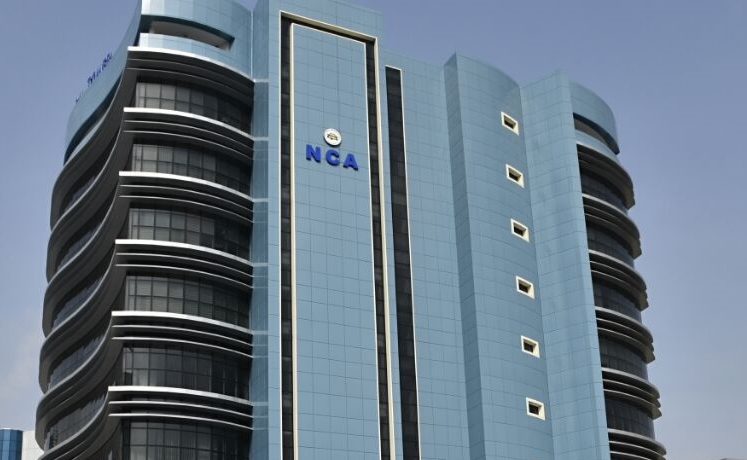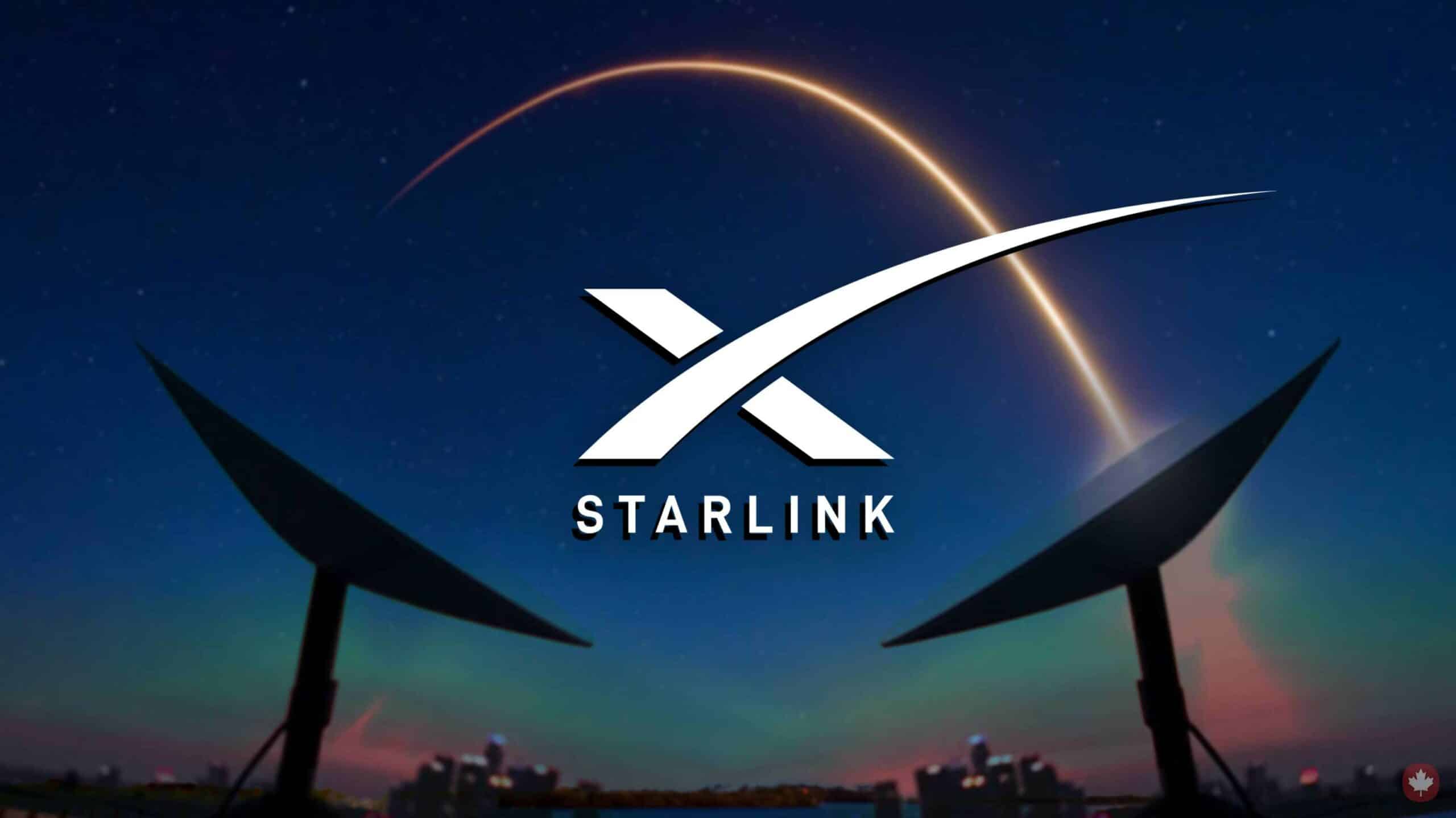The recent approval by Ghana’s National Communications Authority (NCA) for Space X Starlink GH LTD to offer satellite broadband services marks a significant milestone in the evolution of telecommunications within the country.
As Starlink prepares to extend its high-speed broadband internet services to Ghana, questions arise about the potential impacts on the local telco industry. Will this introduction foster healthy competition, or could it lead to an unhealthy rivalry that might disrupt the current market dynamics?
Starlink – Quality Internet?
Starlink, operated by SpaceX, utilises an advanced network of low-Earth orbit satellites to provide high-speed internet across the globe. With its ability to deliver internet services to the most remote areas, Starlink’s entry into Ghana could revolutionise the accessibility and quality of internet services. This is particularly significant given that internet penetration in Ghana, while growing, still faces challenges such as connectivity in rural areas and the overall quality of service.

Starlink’s promise of reliable and fast internet could be transformative for Ghana. It could bridge the digital divide by providing underserved and rural communities with access to digital services and global markets. This is not just about connectivity; it’s about opening up opportunities in education, health services, and economic growth through digital inclusion.
MTN’s Dominance and Starlink’s Introduction
Currently, MTN Ghana is the dominant player in the telecommunications sector, holding a substantial market share. The entry of a new player with a different technology and service offering, like Starlink, might introduce a much-needed breath of fresh air into the market.

Starlink’s operational model and pricing could exert pressure on existing service providers to innovate and improve their services while potentially lowering costs. Consumers stand to benefit from improved service options and price points, steering the market towards more customer-centric offerings. This competitive pressure is essential for fostering a dynamic market environment that encourages continuous improvement and innovation.
However, the introduction of Starlink could also lead to challenges. There is the potential for creating an uneven playing field if Starlink’s pricing and technology significantly undercut those of local providers. This could lead to an unhealthy rivalry that may harm local companies that cannot compete at the same level, possibly risking jobs and investments in the local telecom industry.
The Need for Market Regulation
The role of the Ghanaian regulatory authorities will be critical in ensuring that the competition is fair and that the benefits of new technology are balanced against the needs of local businesses and consumers. The NCA’s oversight is crucial to navigating the complex dynamics that Starlink’s entry introduces into the market.
Regulators will need to be vigilant about maintaining competitive practices, preventing monopolistic tendencies, and ensuring that the introduction of Starlink benefits the broader ecosystem. This includes keeping an eye on the black market issues that have emerged in other regions, where users bypass local regulations to access Starlink services.

Starlink’s entry into Ghana’s telecommunications market is poised to bring significant benefits through enhanced connectivity and the potential for economic growth. However, it also challenges existing providers and regulators to adapt to a changing landscape.
The future of Ghana’s telecommunications industry looks bright, but only if all players, new and established, can compete on a level playing field that promotes innovation and fair competition. As Ghana stands on the cusp of this technological evolution, only time will tell how this saga will unfold, shaping the connectivity landscape of the nation.

